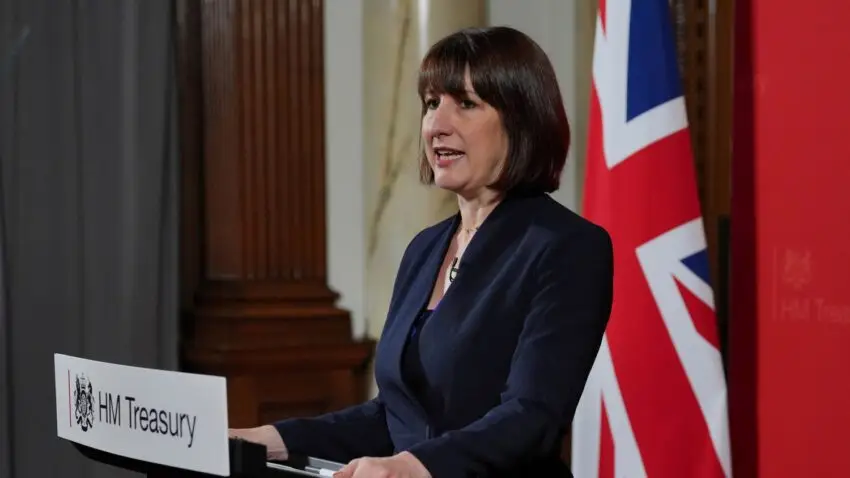Rachel Reeves has emphasised the advantages of engaging in trade with China. The Chancellor suggests that the UK government is unlikely to follow the US and EU in imposing tariffs.
She highlighted the benefits of these trade links, not only for exports and imports but also for foreign direct investment. Reeves’s statements come amidst significant fiscal challenges faced by the UK.
The UK’s Trade Position
Rachel Reeves has highlighted the benefits of trading with China. She mentioned the UK government’s stance on not imposing punitive tariffs on imports from China, in contrast to the US and EU. “We benefit from those trade links globally, including with China,” she stated.
The UK’s reliance on the services sector to manage its trade deficit has increased. The Office for National Statistics notes a 60% rise in services exports since 2010, whereas goods exports have only risen by 7%. This disparity illustrates the growing importance of the services sector for the UK economy.
Challenges Ahead
Reeves acknowledged the challenging fiscal landscape, hinting at potential tax and spending decisions. She mentioned that the government’s first budget might be announced in September or October. “I’m under no illusions about the scale of the challenge that I face,” she said.
The UK’s fiscal position is currently dire, with debt as a share of GDP at its highest since the 1960s. Rising interest rates aimed at curbing inflation have increased government debt interest payments, making it difficult to implement significant tax cuts or spending increases.
Economic Comparisons
Unlike the US and EU, the UK has decided against punitive tariffs on imports from China. This decision is aimed at keeping the UK economy open for imports and exports. Economists warn that growing protectionist policies might drive inflation and stifle global economic growth.
The US has imposed a 100% tariff on electric vehicles from China, and the EU has increased levies on Chinese goods. These protectionist measures contrast sharply with the UK’s approach, which favours cooperation and maintaining trade links globally.
Implications for Public Services
Government departments are facing £20 billion in real-terms spending cuts. Economists argue that this move could strain public services that are already overburdened.
Rising interest rates and increased debt interest payments are reducing the scope for significant tax cuts or spending increases, adding more strain on public services. This fiscal tightening is partly due to efforts to curb inflation.
Future Budget
Reeves hinted that the government’s first budget might occur in September or October. She stressed that no tax changes would be announced without clear plans for funding them.
She openly acknowledged the need for difficult decisions regarding tax and spending, given the country’s challenging fiscal backdrop.
Economic Growth
Economic growth in the UK has slowed down significantly since the 2008 global financial crisis. This slowdown has further complicated the fiscal challenges faced by the government.
With debt as a share of GDP at its highest since the 1960s, the government’s ability to manoeuvre financially is restricted. The rising interest rates aimed at curbing inflation have also played a role in this financial strain.
Conclusion
Reeves’s emphasis on trade cooperation with China is evident. The UK’s commitment to maintaining an open economy could help it navigate its current fiscal challenges.
However, the road ahead is filled with difficult decisions on tax, spending, and managing public services amidst rising debt and interest rates.
Reeves’s emphasis on trade cooperation with China is evident. The UK’s commitment to maintaining an open economy could help it navigate its current fiscal challenges.
However, the road ahead is filled with difficult decisions on tax, spending, and managing public services amidst rising debt and interest rates.

